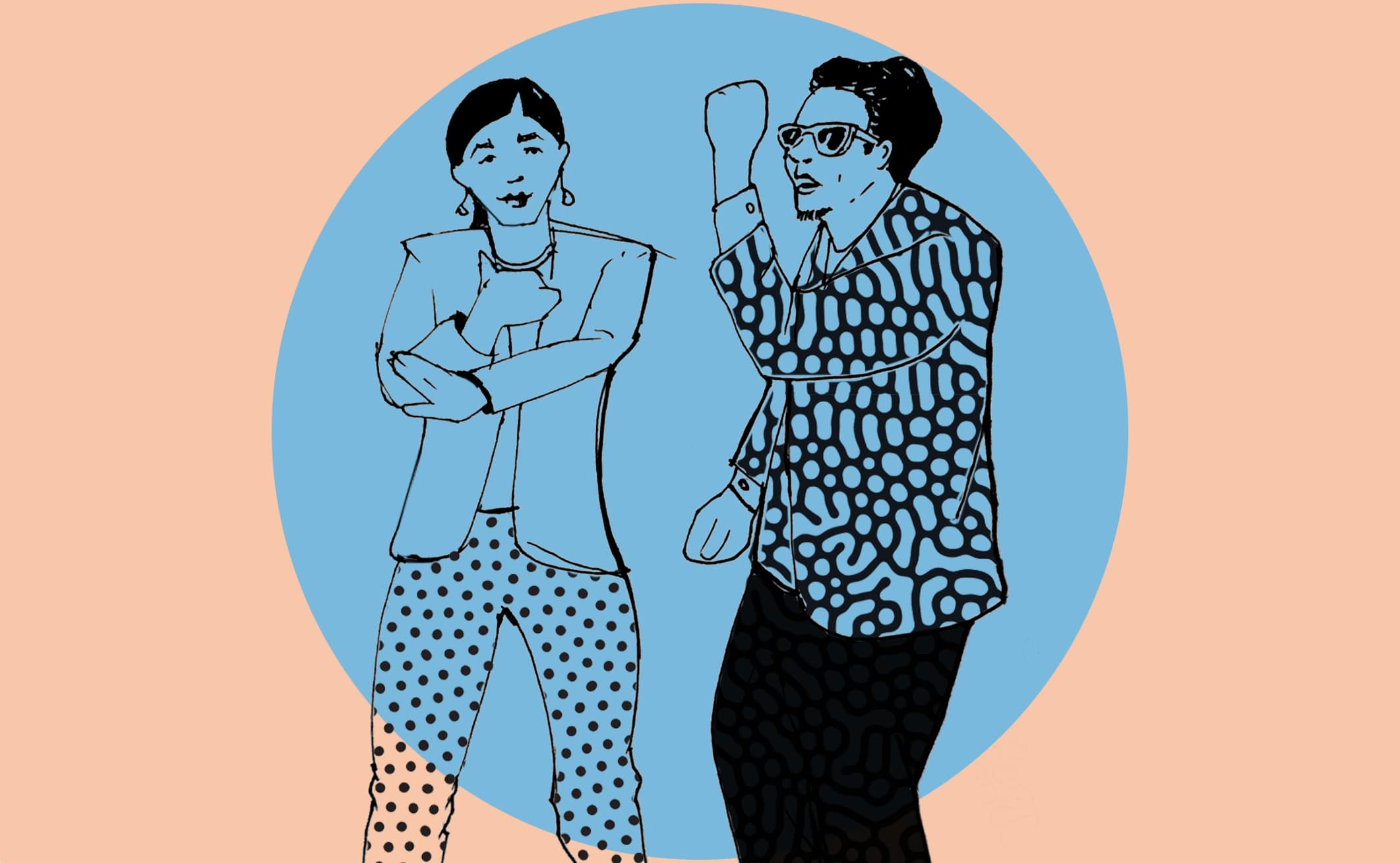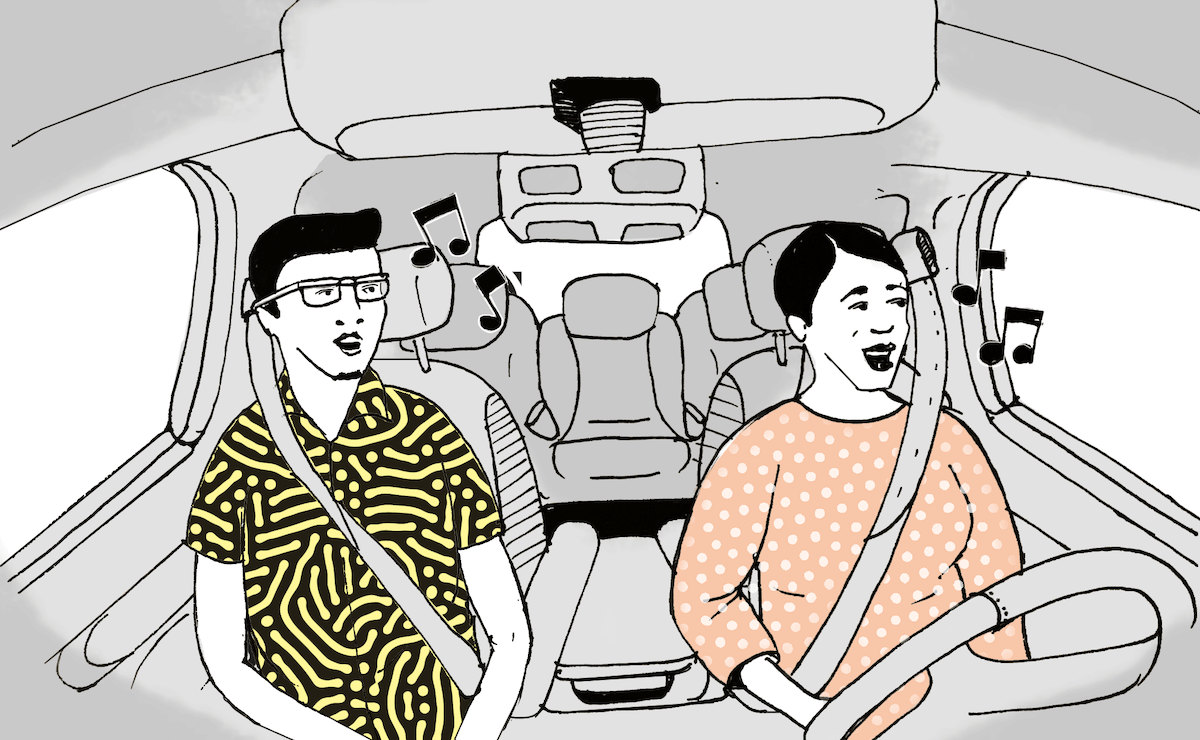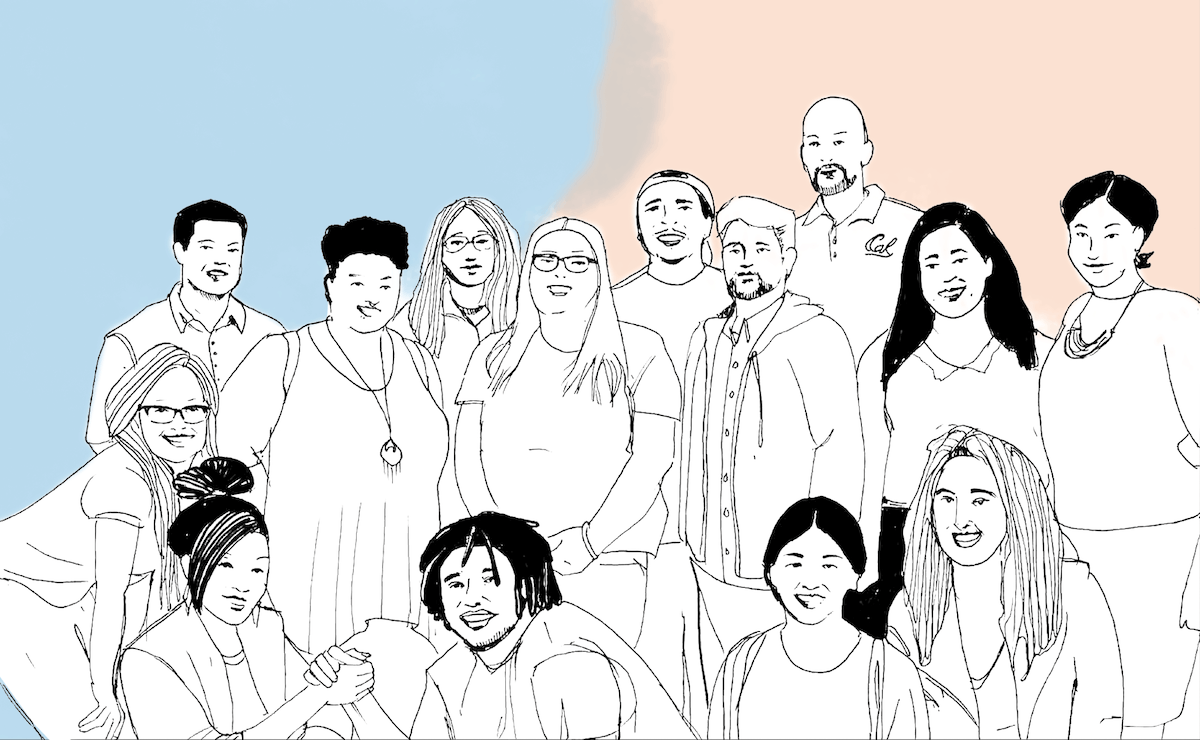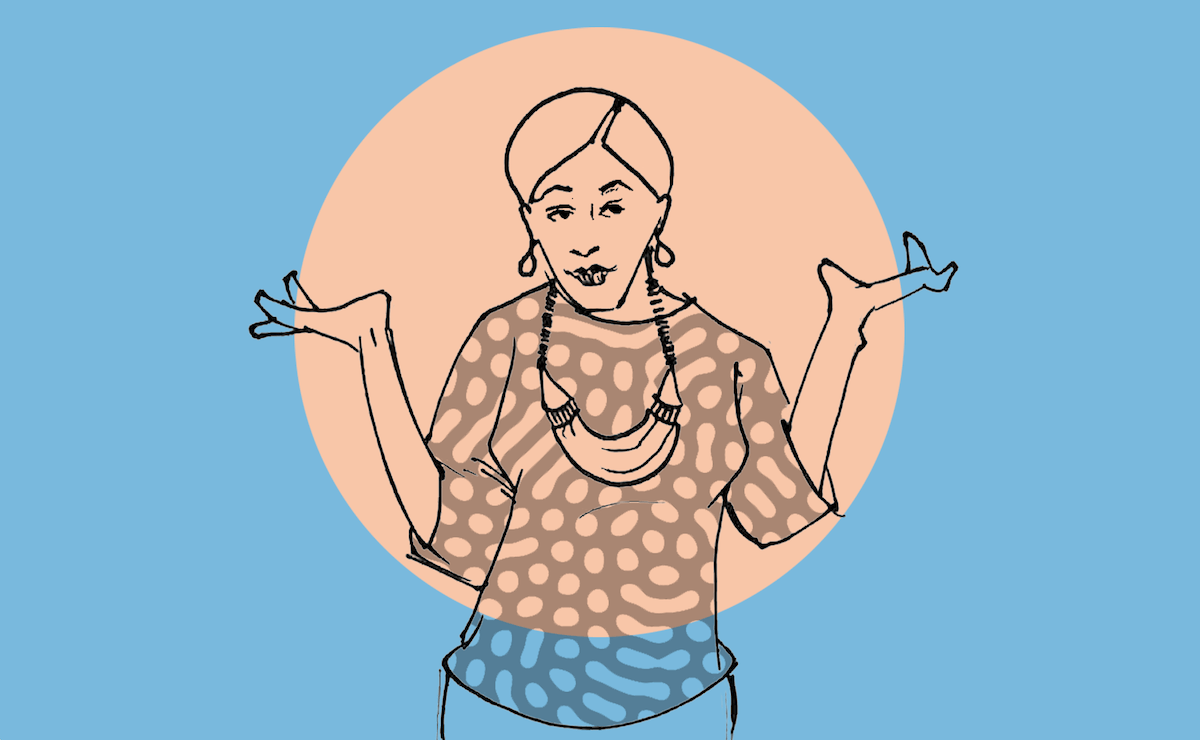Why You Should Make a Habit of Talking to Strangers

I was on my way to a conference in San Rafael, California. I don't have a car, so I called Lyft. I met Rashida on the ride over; she was my driver, and we instantly connected while rocking out to Missy Elliot. When the song ended, we started to chat. As a former journalist, I’ve always been curious about what motivates people, so I asked her, “What are your hopes for the future?”
Her dream was to scale RepresentEd, an organization she started to support non-traditional students in securing opportunities for meaningful work. She was prototyping her idea at the University of California Berkeley with a unique cohort of students. A few had transferred to the university and some were raising children or supporting siblings, she said. A few were formerly incarcerated. My father went to prison, and I saw how difficult it was to re-enter society when his sentence was up, so I was immediately taken with her idea. We exchanged contact information, danced a bit more, and then said our goodbyes.
A few weeks after our Lyft ride, Rashida and I met to talk about a program she was designing for RepresentEd. She wanted students to learn human-centered design because it’s a skill that employers look for in the San Francisco Bay Area. I told her about Anne-Laure Fayard, a professor at New York University who is teaching human-centered design by having her students participate in OpenIDEO Challenges, 4-month global efforts that allow people to act on societal challenges together. The theory is that they’ll learn more by participating in the design process than they will from hearing a lecture.

The timing of my meeting with Rashida was perfect—my team was about to launch an OpenIDEO Challenge in which we asked, “How might we prepare all learners for the needs of tomorrow by reimagining higher education?” Rashida brought this idea back to her students, who were excited to work on a topic that was so relevant to their lives.

A few weeks later, I traveled to the UC Berkeley campus to meet the students in Rashida’s program for the first time. Rashida asked me to lead a workshop on human-centered design and introduce them to the Future of Higher Education Challenge. The students were fired up, smart, creative, and eager to work with one another.
One of the ideas that came out of that workshop was MAPP, an interactive roadmap that supports students through college and beyond. The students spent the next few weeks building the idea out. They conducted interviews with other students, parents, teachers, and staff. They worked with Mike Atherton, a local interaction designer and OpenIDEO community member who volunteered to build prototypes that they tested with non-traditional students, faculty, and experts in the field. The students submitted MAPP to OpenIDEO and it was selected as one of the five most promising ideas to come from the Future of Higher Ed Challenge. Two of the students were flown to Boston to present MAPP at a leadership summit. They also pitched MAPP at education conferences hosted by our partners Georgia Tech and Arizona State University.

All of this innovation sprang from a Lyft ride many months ago. It’s a great reminder that when you’re open and implicitly trust others, you can build bridges and expand the reach of your work in the world.
“Opportunities are everywhere, if you’re always open,” Rashida told me. It’s the same thing she tells her students.
Words and art


Subscribe

.svg)







